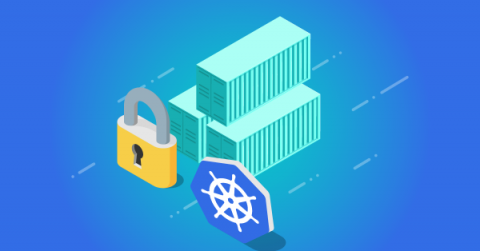Security | Threat Detection | Cyberattacks | DevSecOps | Compliance
Latest News
Datadog achieves ISO 27701 Processor certification for customer data privacy
With the establishment of the EU General Data Protection Regulation (GDPR) and the expanding international landscape of data protection laws, organizations today face complex requirements and heightened scrutiny when it comes to data privacy. In addition, public awareness of data exploitation and digital surveillance is growing, and individuals are more concerned than ever about data privacy.
Reduce silos and prevent supply chain threats
We’ve entered the fourth and final week of National Supply Chain Integrity Month, an initiative started by CISA and other government agencies to highlight the importance of securing our nation’s most critical systems and ensuring they stay resilient. I started off the month with a post about maturing your third-party risk management program, and followed that up with two more posts dedicated to securing the small business supply chain and streamlining procurement.
Risk Management: Addressing Shortcomings and Paving the Way Forward
In today’s ever-changing business landscape, managing risk is crucial for the success and longevity of any organization. From financial risks to operational risks and cyber threats, businesses face a range of challenges that require a robust and secure risk strategy. With the complexities of modern business, risk management can no longer be put on the back burner, and companies will need to keep up with the latest practices and solutions to stay afloat.
Insecure design vulnerabilities - what are they, and why do they occur?
5 Ways to Use Log Analytics and Telemetry Data for Fraud Prevention
7 questions all CxOs should ask to increase cyber resilience before buying more software
Paws in the Pickle Jar: Risk & Vulnerability in the Model-sharing Ecosystem
Security Monitoring Explained: How Security Monitoring is Your Foundation for Cybersecurity
Using Calico Egress gateway and access controls to secure traffic
As more organizations embrace containerization and adopt Kubernetes, they reap the benefits of platform scalability, application portability, and optimized infrastructure utilization. However, with this shift comes a new set of security challenges related to enabling connectivity for applications in heterogeneous environments.











